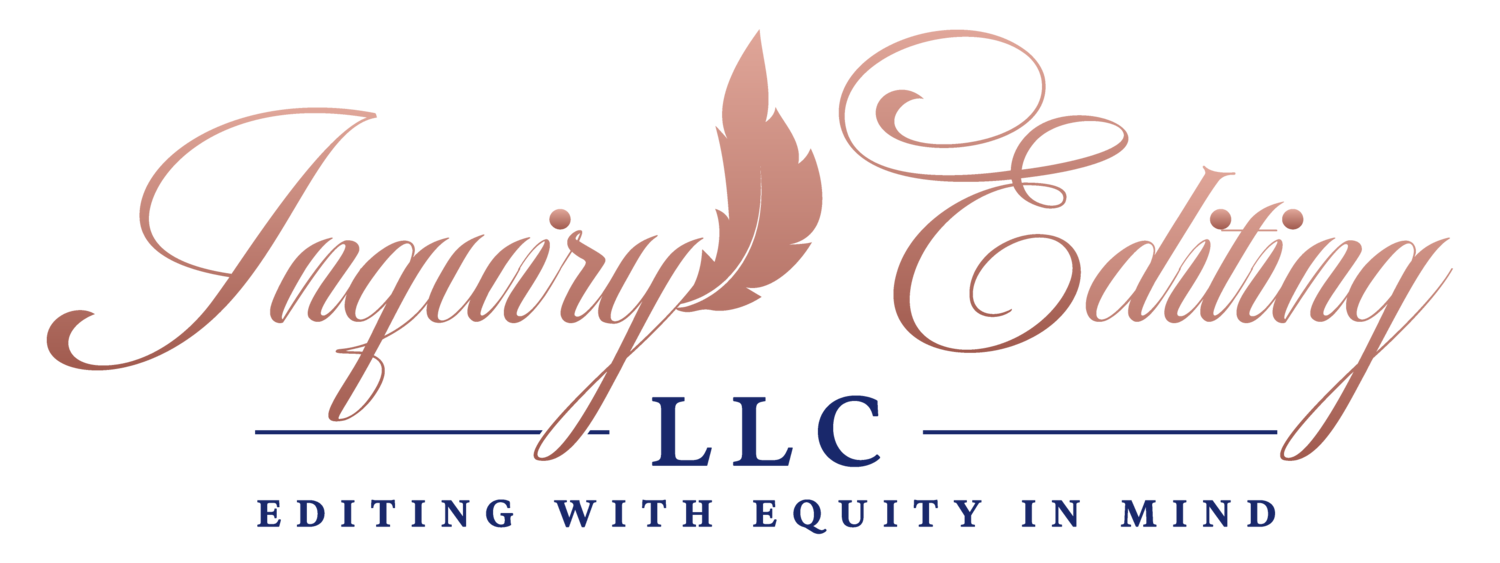May Myth Buster 4: “One day, I’ll be a writer that doesn’t need help”
Welcome to the final week of Myth Busting May! I have spent all of May’s newsletters on some of the most common myths or misconceptions about writing. Feel free to write me back and suggest topics you’d like to know about.
In academic book writing, the second project tends to be harder than the first. This is not a feeling. It is a fact. Structurally speaking, the first book tends to have the social, cultural, institutional, and emotional supports available to first time authors (usually assumed to be pre-tenure). Once you hit tenure and certainly after promotion, your opportunities for funding and support dwindle dramatically.
This structure both undergirds and is undergirded by the suggestion that experience means you do not need support. A bit of wagging the dog, no? Like most structures, this one disappears leaving people to believe the underlying idea – that a published writer does not need support – is more of a truism than it actually is.
I call this the “Glory” myth because people believe, like the song says, that “one day, when the glory comes” they won’t need any help. To finally arrive as a writer is to do this thang all by yourself.
Rather than detail all the ways I think this is a lie, let me describe some useful structures. I’ve decided to focus on structures you can create yourself because sabbaticals, fellowships, and advances tend to be fruit of the labor, not its soil.
Writing Group. Get you some friends. Gather regularly. And promise to be trustworthy, tenacious, and truthful. As I mentioned in another newsletter, feedback is crucial for writers. When you are in a writing group, you learn as much from the feedback you receive as you do from the feedback you provide. After a time, you all begin to anticipate each other’s comments. I’ll never forget being in a writing group with a literary historian. I put dates in parentheses after all book titles now. I pay attention to the contemporary cultural zeitgeist differently now. Some writing groups disband for all kinds of reasons. This is not a reason to panic. Switching up voices can be extremely helpful.
Habit Tracking. This is not just for workouts and eating habits. If you want to cultivate a writing habit. You may need to reinforce this habit by giving yourself a gold star each time you do it. There is an app for that. In fact, there are many. There are also planners built especially for this. You can also just use a plain ole calendar. Ticking off my day gives me an unbelievable amount of satisfaction.
Read. Every writing problem is a reading problem. If you’re stuck in the writing, feel free to read something new. I’d advise you to be a promiscuous reader. Yep; I said it. Go for a new genre. Look at a new subject. Dive headlong into a text without knowing where it is going. Let the surprises teach you. Reading is one of the fastest ways to be in community with ideas and with writers.
Build your frustration tolerance. This is quite difficult, but there is no way around it. You have to sit with yourself sometimes. I was in the middle of a writing assignment in April 2022 and I wanted to throw my laptop through the window. I could not figure out how to begin. Then, I abandoned beginning and went straight for the middle. Then, I tried an outline. I typed and erased so much I’m sure Siri was rolling its eyes. I can’t even say I kept my butt in the chair: I paced. I cooked. I nursed a grudge against my editor. When I came to it the next day, you would have thought I was back in Ms. Lydia Yikon’a’s Columbia High School typing class. My fingers were flying over the keyboard. I have absolutely no doubt my success was owed to the frustration from the day before.
Live. Over the past few years, we’ve thought of self-care and mental health more often. Even though some of those conversations still suffer for lack of complexity, they have gotten one thing right: you have to take a breaks. Our ‘hustle and grind’ ethos seduces us into believing everything is urgent and that all work is completed while working. Writing is not like this. No creative process is. When you turn your attention away from a task, you gain the clarity to do that task. In fact, in the example above, I credit my frustration. I should also credit my time away for refreshing me. For those of us that distill complex experiences and ideas into intelligible and compelling words, for those of us that want to, we must be about the joy of living.
Without it, wherefore the writer?
